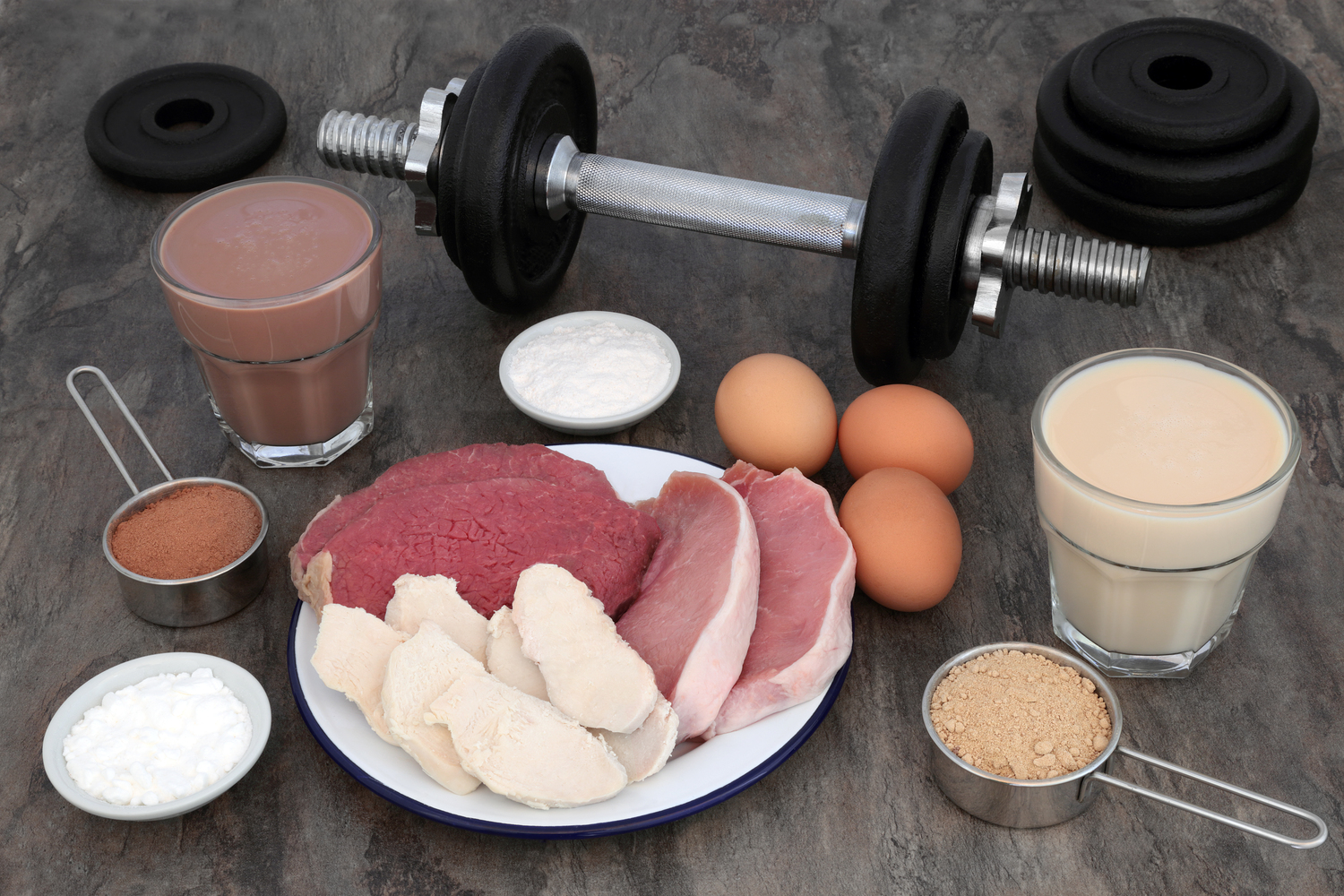
5 Substances Linked to Stronger Bones
Bones are one of the essential structures of the human body, providing a framework for supporting and protecting internal organs. Strong and healthy bones are essential for maintaining an active and healthy lifestyle. However, the human body constantly undergoes a process of bone remodeling, where old bone tissue is broken down and replaced by new bone tissue. Inadequate nutrient intake can impair bone density and cause the bones to become brittle, increasing the risk of fractures and other bone-related problems. Read on for five substances that are linked to building strong bones:
1. Proteins Rich-Foods
Proteins are composed of amino acids, the building blocks of bones. When we consume protein, our body breaks it down into amino acids, which are used to build new bone tissue. Studies have shown that individuals who consume higher amounts of protein have better bone mineral density and a lower risk of fractures. Good sources of protein-rich foods include lean meats, poultry, fish, eggs, dairy products, beans, and legumes.
2. Calcium
Calcium is another crucial nutrient that plays a vital role in bone health—the human body stores over 99% of this nutrient in the bones and teeth. When the body has enough of this nutrient, it can weaken bones, increasing the risk of fractures. Consuming adequate amounts of it can aid in maintaining bone health and minimize the risk of osteoporosis. Good sources of calcium-rich foods include dairy products such as milk, cheese, and yogurt, leafy green vegetables such as spinach and kale, and fortified foods such as tofu and orange juice.
3. Vitamin D
It is a fat-soluble vitamin important for absorbing and using some nutrients in the body. Without this nutrient, the body cannot absorb enough calcium supplements, leading to weak bones and an increased risk of fractures. It is primarily produced in the body when the skin is displayed to sunlight, but it can also be gotten from foods like egg yolk, fatty fish, and fortified foods like orange juice and milk. Nevertheless, many people need more of it from their diet alone and may need to supplement with vitamin D to ensure adequate levels.
4. Vitamin K
It is another essential nutrient that plays a vital role in bone health. It is involved in bone mineralization, where other minerals are deposited into the bone matrix to form strong, healthy bones. Studies have shown that individuals with higher intakes of vitamin K have higher bone mineral density and a lower risk of fractures. Good sources of vitamin K-rich foods include leafy green vegetables like spinach, kale and collard greens, and other vegetables such as broccoli and Brussels sprouts.
5. Collagen
It is a protein in the body’s bones, skin, and other connective tissues. It provides structural support and flexibility for strong bones and healthy joints. As we age, its production reduces, weakening bones and raising the risk of fractures. Consuming collagen-rich foods, such as bone broth or gelatin, supports bone health and reduces the risk of osteoporosis.
In addition to consuming these bone building supplements, several lifestyle factors can contribute to stronger bones. Regular exercise, particularly weight-bearing and resistance exercises, can help to build and maintain bone mass. Several medications can be used to treat osteoporosis, including romosozumab, sold under the name Evenity, Prolia and Voltaren. In addition to medications, regular exercise and healthy lifestyle behaviors can also contribute to stronger bones and better overall health.


